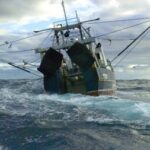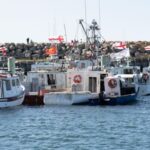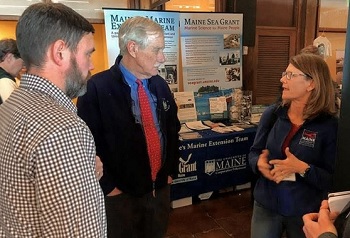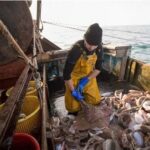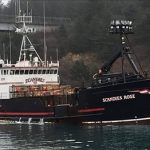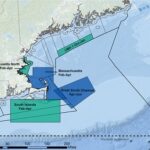Daily Archives: June 23, 2024
A new report acknowledged the ongoing damage done by dams on the Columbia River. But that’s only part of the story.
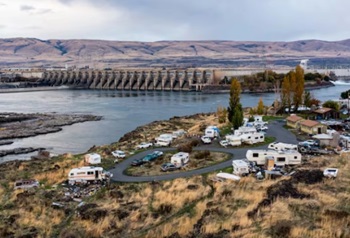 The Biden administration released a report this week acknowledging “the historic, ongoing, and cumulative damage and injustices that the federal dams on the Columbia River have caused and continue to cause to Tribal Nations.” In government documents from the 1940s and 1950s, obtained by OPB and ProPublica, officials openly discussed what they called “the Indian problem” on the Columbia River. At times, they characterized the destruction of the last major tribal fishery as a benefit of dam construction. The documents reveal that the government’s 1950s era of dam-building on the Columbia was marked not by a new report, but rather by a well-informed and intentional disregard for Native people. “These documents shine a spotlight on a historic wrong” U.S. Sen. Jeff Merkley, an Oregon Democrat, said in a statement. “The government’s actions wiped out tribal communities, houses, villages, and traditional hunting and fishing sites with thousands of years of history.” more, >>CLICK TO READ<< 21:10
The Biden administration released a report this week acknowledging “the historic, ongoing, and cumulative damage and injustices that the federal dams on the Columbia River have caused and continue to cause to Tribal Nations.” In government documents from the 1940s and 1950s, obtained by OPB and ProPublica, officials openly discussed what they called “the Indian problem” on the Columbia River. At times, they characterized the destruction of the last major tribal fishery as a benefit of dam construction. The documents reveal that the government’s 1950s era of dam-building on the Columbia was marked not by a new report, but rather by a well-informed and intentional disregard for Native people. “These documents shine a spotlight on a historic wrong” U.S. Sen. Jeff Merkley, an Oregon Democrat, said in a statement. “The government’s actions wiped out tribal communities, houses, villages, and traditional hunting and fishing sites with thousands of years of history.” more, >>CLICK TO READ<< 21:10
Mass mortality: A fish scientist follows a tip about die-offs at B.C. salmon farms
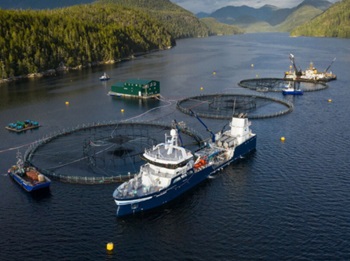 A tipster had told Proboszcz, a fisheries biologist at Watershed Watch Salmon Society, that salmon farms off the coast had been experiencing mysterious and massive die-offs and nobody was saying anything about it. “Yeah, it was a little crazy,” said Proboszcz of his decision to make the long trip. “But he didn’t know why they were dying.” Before Proboszcz left, a colleague had tracked a number of boats that were allegedly bringing fish all the way around the south end of Vancouver Island and into the Nanaimo area. But the boats had nearly finished shuttling all the fish, according to the anonymous source. Desperate, Proboszcz had tried to hire a skiff and even a helicopter to see what was going on. But nothing worked out, and so he decided to take matters into his own hands. Photos, more, >>CLICK TO READ<< 14:25
A tipster had told Proboszcz, a fisheries biologist at Watershed Watch Salmon Society, that salmon farms off the coast had been experiencing mysterious and massive die-offs and nobody was saying anything about it. “Yeah, it was a little crazy,” said Proboszcz of his decision to make the long trip. “But he didn’t know why they were dying.” Before Proboszcz left, a colleague had tracked a number of boats that were allegedly bringing fish all the way around the south end of Vancouver Island and into the Nanaimo area. But the boats had nearly finished shuttling all the fish, according to the anonymous source. Desperate, Proboszcz had tried to hire a skiff and even a helicopter to see what was going on. But nothing worked out, and so he decided to take matters into his own hands. Photos, more, >>CLICK TO READ<< 14:25
Nearly $12 million headed to Alaska in latest infusion of fishery-disaster aid
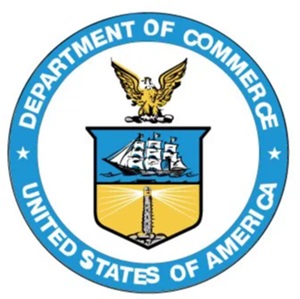 The aid money is for disasters declared for the 2022 chum salmon failure on the Kuskokwim River and the 2021-2022 sockeye salmon failure that affected Upper Cook Inlet setnet fishers. Aid for the Kuskokwim River disaster totaled $331,920, while aid for the Upper Cook Inlet sockeye disaster totaled nearly $11.5 million, according to the National Oceanic and Atmospheric Administration, which is a branch of the Commerce Department. Alaska is not the only state affected by poor salmon returns. Along with Friday’s announcement of aid for those affected by the Alaska salmon disasters, the Commerce Department announced $403,978 in aid for the Port Gamble S’Klallam Tribe’s 2021 Puget Sound fall chum and coho salmon fisheries in Washington state. more, >>CLICK TO READ<< 11:50
The aid money is for disasters declared for the 2022 chum salmon failure on the Kuskokwim River and the 2021-2022 sockeye salmon failure that affected Upper Cook Inlet setnet fishers. Aid for the Kuskokwim River disaster totaled $331,920, while aid for the Upper Cook Inlet sockeye disaster totaled nearly $11.5 million, according to the National Oceanic and Atmospheric Administration, which is a branch of the Commerce Department. Alaska is not the only state affected by poor salmon returns. Along with Friday’s announcement of aid for those affected by the Alaska salmon disasters, the Commerce Department announced $403,978 in aid for the Port Gamble S’Klallam Tribe’s 2021 Puget Sound fall chum and coho salmon fisheries in Washington state. more, >>CLICK TO READ<< 11:50
Market conditions continue to pressure seafood processors and fishermen
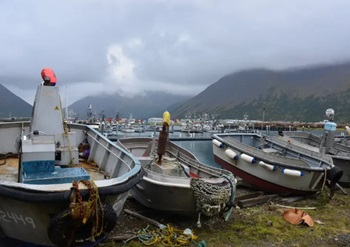 Consumers think of seafood as a premium purchase, which is not a good image when household budgets are tight and shoppers are worried about inflation. “The problem is not the fish,” said Jeremy Woodrow, executive director of the Alaska Seafood Marketing Institue. “The challenge is in the global marketplace.” Woodrow in February called the 2023 market for Alaska salmon “rock bottom” with low prices and weak demand, though maybe the industry was coming off that rocky bottom, he said then. Still, the pain is not gone. “A lot of buyers are barely holding on,” Woodrow said. “Our processors lost a lot of money the past year or two.” more, >>CLICK TO READ<< 09:40
Consumers think of seafood as a premium purchase, which is not a good image when household budgets are tight and shoppers are worried about inflation. “The problem is not the fish,” said Jeremy Woodrow, executive director of the Alaska Seafood Marketing Institue. “The challenge is in the global marketplace.” Woodrow in February called the 2023 market for Alaska salmon “rock bottom” with low prices and weak demand, though maybe the industry was coming off that rocky bottom, he said then. Still, the pain is not gone. “A lot of buyers are barely holding on,” Woodrow said. “Our processors lost a lot of money the past year or two.” more, >>CLICK TO READ<< 09:40
Letter: Dear BOEM
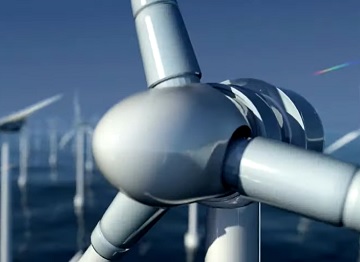 Your project of installing a wind power farm off the coast of Southern Oregon is in total disregard for the environment, economics, and people therein. The vibrations of the offshore turbines will alter the fishing grounds and the migration of whales, tuna, and salmon for years and destroy commercial fishing that feeds millions of people. The turbines will have to be in restricted waters. That will be followed by restricting the waters where the cables are laid (can’t have nets, anchors, et cetera dragged through). Next, your $$$moneymen will have to find land to bring the cabled power on shore thus trashing even more of the scenic coast of Oregon. And where will you house all the needed labor considering the critical housing shortage at this location? Confiscation via eminent domain perhaps? more, >>CLICK TO READ<< By Raymond J Van Eck 07:11
Your project of installing a wind power farm off the coast of Southern Oregon is in total disregard for the environment, economics, and people therein. The vibrations of the offshore turbines will alter the fishing grounds and the migration of whales, tuna, and salmon for years and destroy commercial fishing that feeds millions of people. The turbines will have to be in restricted waters. That will be followed by restricting the waters where the cables are laid (can’t have nets, anchors, et cetera dragged through). Next, your $$$moneymen will have to find land to bring the cabled power on shore thus trashing even more of the scenic coast of Oregon. And where will you house all the needed labor considering the critical housing shortage at this location? Confiscation via eminent domain perhaps? more, >>CLICK TO READ<< By Raymond J Van Eck 07:11

































